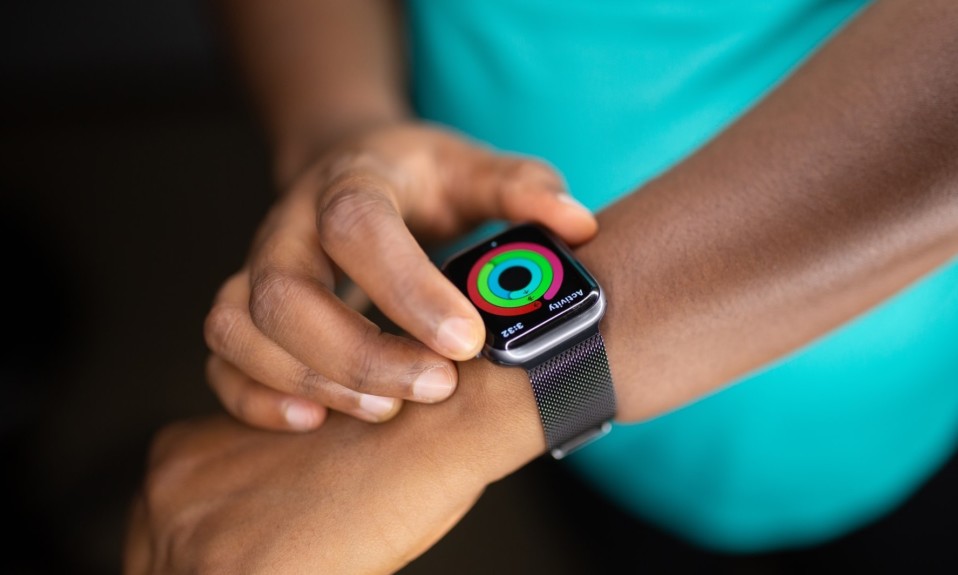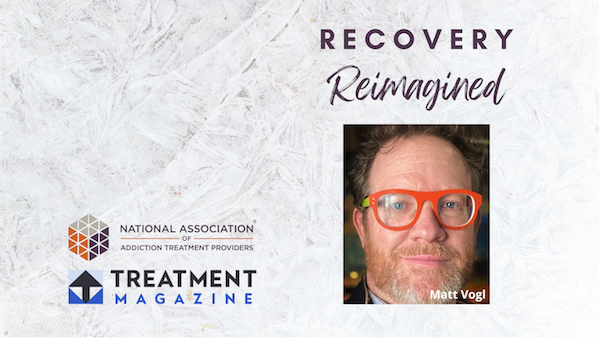Plus: The U.S.’s lagging opioid response and a warning to ERs from the Legal Action Center about caring for SUD patients
By William Wagner
Could a wearable device help to solve the riddle of alcohol use disorder (AUD)? Researchers at Washington State University think so. Also on our radar this week are a comparison between the U.S.’s and Canada’s opioid responses and the legal obligation of emergency rooms to treat substance use disorder (SUD) patients.
From the Journal of Medical Internet Research:
A Wristband Designed to Reduce Stress
A new report in the Journal of Medical Internet Research posits that specially designed wearable devices have the potential to alleviate stress and, in turn, reduce the chances of alcohol relapses. (Stress is a major trigger for slips.) Washington State researchers equipped participants with wearable devices that were able to measure stress levels. The wearers then periodically answered survey questions on their smartphones, including those related to alcohol cravings.
We’re working on a proposal to create a mobile app that would connect the wrist device to someone’s phone. When the wrist device detects stress, it would trigger the phone to intervene.”—Michael Cleveland, Washington State University
Encouraged by the data, the researchers believe they can develop a wearable device that launches a stress-mitigating app when a person’s anxiety reaches a certain level. “We’re working on a proposal to create a mobile app that would connect the wrist device to someone’s phone,” Michael Cleveland, Ph.D., an associate professor in Washington State’s Department of Human Development, said in a news release. “When the wrist device detects stress, it would trigger the phone to intervene.”
From the JAMA Open Network:
U.S. Lags Behind Canada in Opioid Care
It seems our friends to the north are managing the opioid epidemic more effectively than we are in these turbulent times. A study from Yale University determined that during the COVID-19 pandemic in 2020, people with opioid use disorder had to wait about twice as long for methadone treatment in the U.S. as in Canada. According to the Centers for Disease Control and Prevention (CDC), about 93,000 Americans died of drug overdoses in 2020—a record number. In a news release, one of the study’s authors, Paul Joudrey, M.D., from the Yale School of Medicine, said, “We missed opportunities to save lives.”
Methadone has remained rigidly regulated in the U.S., whereas officials in Canada relaxed restrictions related to the medication as the pandemic took hold. Said Joudrey, “How fast can you connect [people] to the medication is crucial. Delays as short as one day can reduce rates of treatment entry. It’s important that addiction treatment systems are flexible to provide care quickly when patients are ready.”
From the Legal Action Center:
The Law Mandates ER Care for SUD Patients
In a report by the Legal Action Center, legal experts contend that emergency rooms that turn away patients with SUD could be in violation of federal law. Specifically, they could be breaking four separate laws:
- The Emergency Medical Treatment and Labor Act (EMTALA)
- The Americans with Disabilities Act (ADA)
- The Rehabilitation Act (RA)
- Title VI of the Civil Rights Act
The Legal Action Center believes its report, released last week, should be received with a sense of urgency. “With more than 19 million U.S. adults currently living with a substance use disorder, and amidst an escalating overdose crisis, emergency departments not only have the role and resources to address life-threatening emergencies, but, as our report shows, the legal obligation to do so,” Sika Yeboah-Sampong, one of the report’s authors, said in a news release. “This should be a wake-up call for emergency departments across the country.”
Photo: Solen Feyissa














